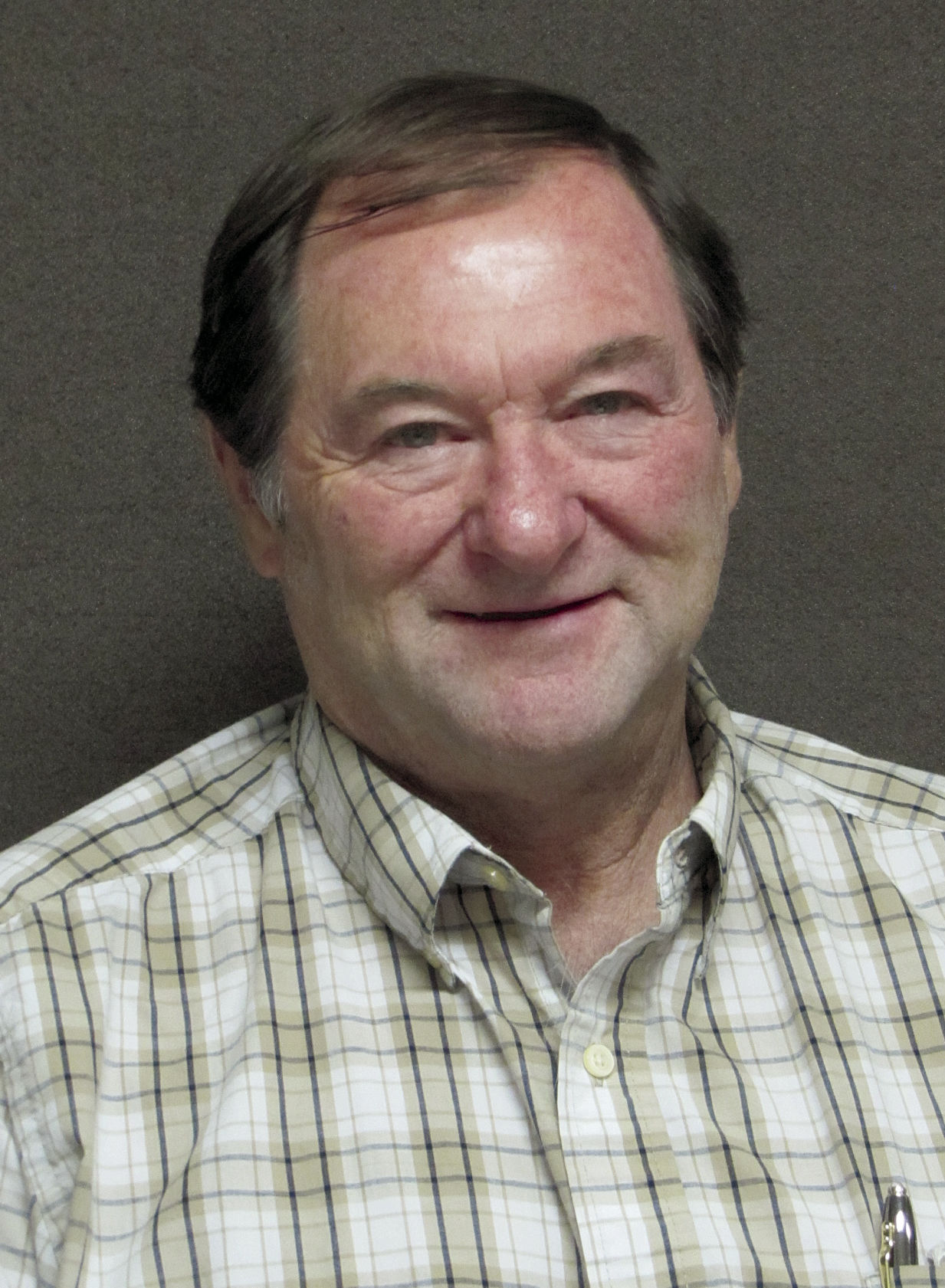I remember when I was a small boy my mother and I were at a bank or a store and she wrote someone a check and the person asked her “Are you Mrs. Richard Shaw?” She said yes and that was that.
But it wasn’t that for me. I had a question.
My dad was sitting out in the car waiting for us and when we got in I asked it.
“Momma, why did they call you Mrs. Richard Shaw?”
You see, I couldn’t figure it out. Her name was Lena so why did they call her by my dad’s name?
“That is what they call a woman that is married,” said my mom. “I go by your dad’s name.”
Unclear on the concept
I didn’t understand.
“If you both have the same name, why does dad call you Lena?”
“I am Lena, but when people who don’t know us well talk to me they call me Mrs. Shaw,” she said.
I still didn’t understand, but I didn’t pursue the inquest any longer. I wasn’t satisfied with what I heard because it seemed to me that when someone has a name, that is what they should be called by. I wondered why my dad wasn’t called Mr. Lena Shaw?”
I once asked a teacher about the same subject and she just told me that it was “tradition and a sign of respect.”
I still didn’t get it. How could it be respectful of someone to call anyone by some other person’s name?
Over the years that “tradition” has disappeared. I imagine it still goes on in some quarters, but if I were a woman and married to someone and somebody called me by my husband’s name, I would say “My name is ______. Please call me that.”
Not a strict rule
Recently as I was doing some research in old newspapers I ran across two articles in the same issue that reflected this past practice. In one article all the women were referred to in a similar fashion as my mother had been that day. In another article the women listed there were called “Mrs.” but their first name was substituted for their husband’s first name.
Seeing that brought the aforementioned memory into sharp focus, a long ago curiosity that had waned over the years. So I did some research to find out how that practice began. But to be honest, I really never could find the complete answer except that under the law a long time ago once two people were married they were considered one. And in that male dominated society, women took the man’s name, in fact both names in the beginning.
A matter of personal choice
By the 1970s women were deciding that their name really did mean something to them personally, and many men did, too. That is about the time Ms. came into being. Being a 20 something then I remember how many older people hated Ms. designation at the time. I remember one guy I worked with while I was in college argued with me about it one day. All I said is that people have the right to call themselves or their children whatever they want. He brought up Moon Unit Zappa and ridiculed that idea. I told him that in a few years no one would really care if it was Miss, Ms. or Mrs. I was right. Now Ms. has taken its place as its own tradition.
A genealogical challenge
Today people are doing all kinds of things with their names. Some hyphenate their names, even reversing the hyphen depending one which part of the couple they are. In some cases the men are taking the woman’s last name and giving up their own. And recently I learned that some people, saying they are starting a new life as a recently married couple, come up with a new last name completely and change it to that. Then they name their kids with that last name and their kids, when they marry, may do the same thing.
And I thought it was hard doing genealogy now. Glad I am not going to be
around in 100 years trying to figure out why there is no root name to follow in a line.
Honorifics have changed with the times, and so have last name traditions

Rick Shaw
